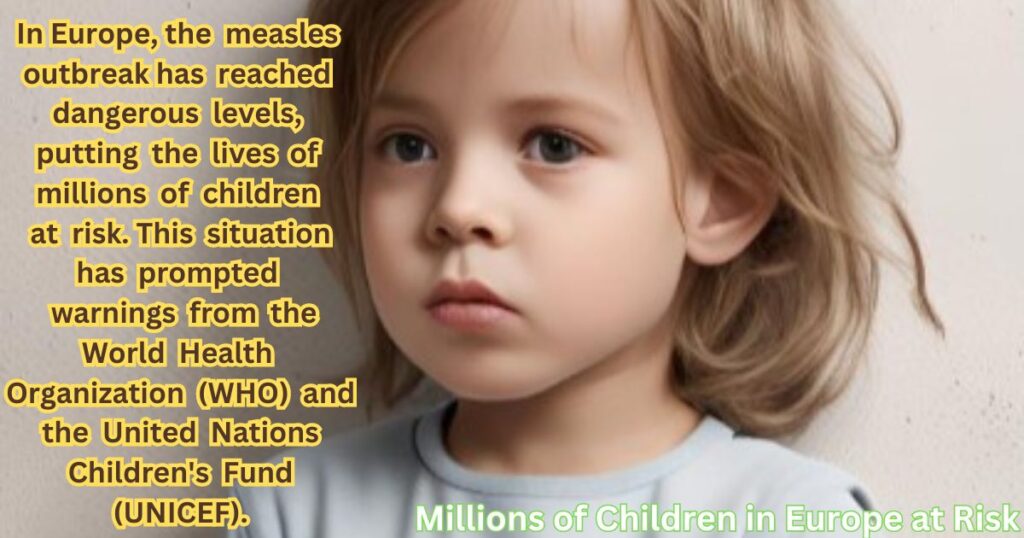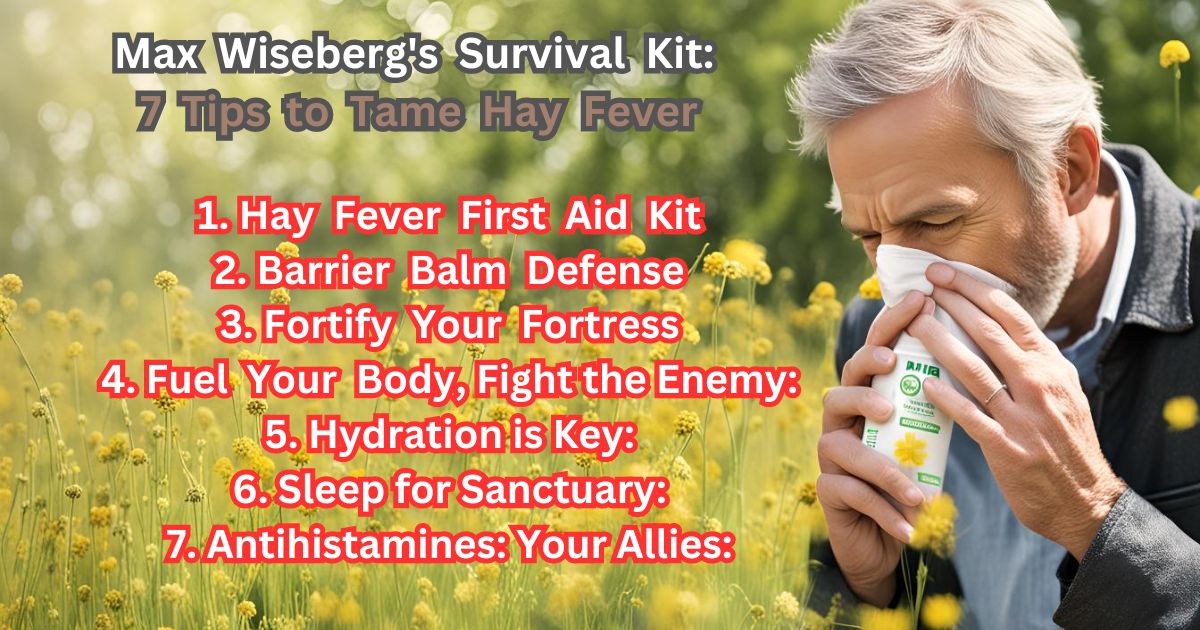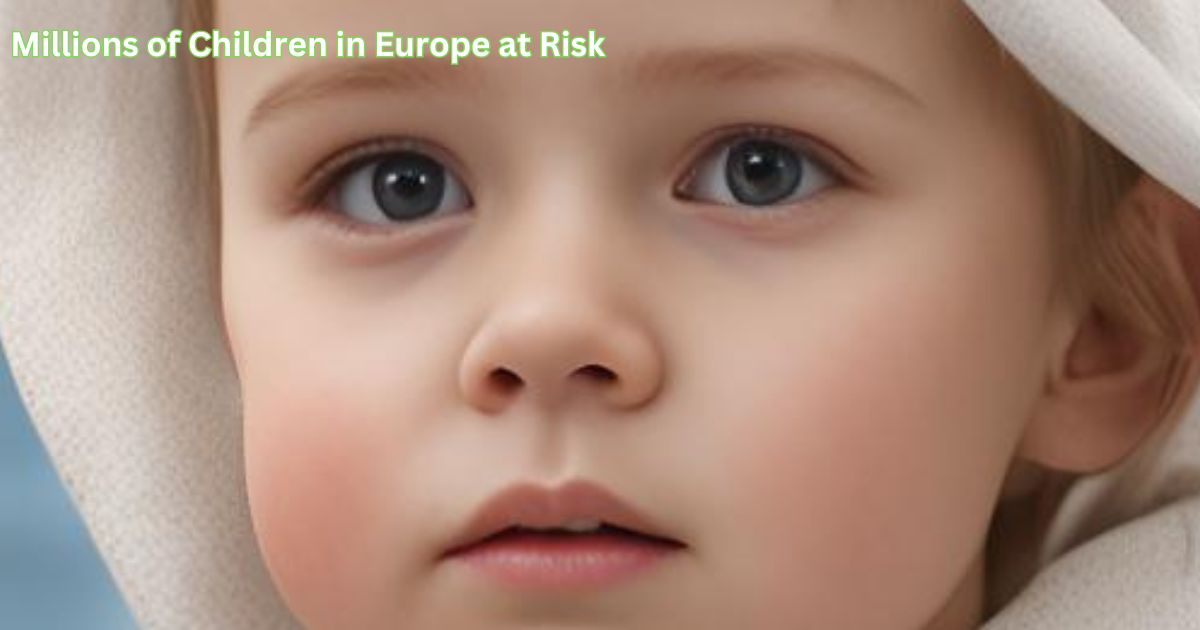Introduction
In Europe, the measles outbreak has reached dangerous levels, putting the lives of millions of children at risk. This situation has prompted warnings from the World Health Organization (WHO) and the United Nations Children’s Fund (UNICEF).
Increase in measles cases
UNICEF has reported a significant increase in measles cases across Europe. The number of cases this year is predicted to soon exceed the total number of cases reported in 2023. The latest data shows that in the first three months of 2024, 45 of the WHO’s 53 countries reported 56,634 measles cases and four deaths. European region. This compares to 61,070 cases and 13 deaths reported in 41 countries the previous year.
What is measles?
Measles is a highly contagious disease caused by a virus. It is easily spread through respiratory droplets when an infected person coughs or sneezes. Due to its high contagiousness, even one case can quickly lead to an outbreak if left unchecked.
Why is measles dangerous?
Measles is not just a harmless rash. It is an infectious respiratory disease that can lead to serious complications, especially in young children. These complications include:
- Pneumonia (lung infection)
- Encephalitis (inflammation of the brain)
- Severe diarrhea and dehydration
- Ear infection
Measles can also weaken children’s immune systems, making them more susceptible to other infections. Sadly, measles can also be fatal.
Protecting our children

Measles is a curable disease. By ensuring high levels of vaccination, we can create a safer environment for all children in Europe. If you have any concerns about measles or your child’s vaccination status, consult your doctor.
Calls for Immediate Action
WHO’s Stand
Dr. Hans-Henri P. Kluge, WHO Regional Director for Europe, emphasized the urgency of the situation, saying: “Even a single case of measles should be a call for immediate action. You shouldn’t have to face the consequences of a preventable disease.” He praised countries that have stepped up their vaccination efforts and called on all countries to continue their efforts to prevent transmission of the virus through catch-up vaccination programs.
UNICEF’s Perspective
Regina de Dominus, UNICEF Regional Director for Europe and Central Asia, noted that the increase in measles incidence indicates a deterioration in immunization coverage. He stressed the need for urgent government action to strengthen the health system and implement effective public health measures to protect all children from this dangerous but preventable disease.
The Importance of Vaccination
The most effective way to prevent measles is through vaccination. Dr. Kluge called on all countries to take immediate action, regardless of whether their overall immunization coverage is high, to vaccinate vulnerable populations and close any immunity gaps. This approach is necessary to prevent the spread of the virus in any community.
Conclusion

Measles outbreaks in Europe are an important public health problem requiring urgent and specific action. By strengthening immunization programs and implementing effective public health measures, we can protect millions of children from this dangerous but preventable disease.
Find out the latest about the measles outbreak in Europe that is putting millions of children at risk. Be aware of the increase in cases and deaths, with 56,634 cases and four deaths in the first quarter of 2024 alone. Realize the contagious nature of measles and call for urgent action by WHO and UNICEF. Learn about the importance of vaccination and public health measures in controlling the spread. Take proactive measures to protect vulnerable populations and prevent the further spread of this preventable disease.









